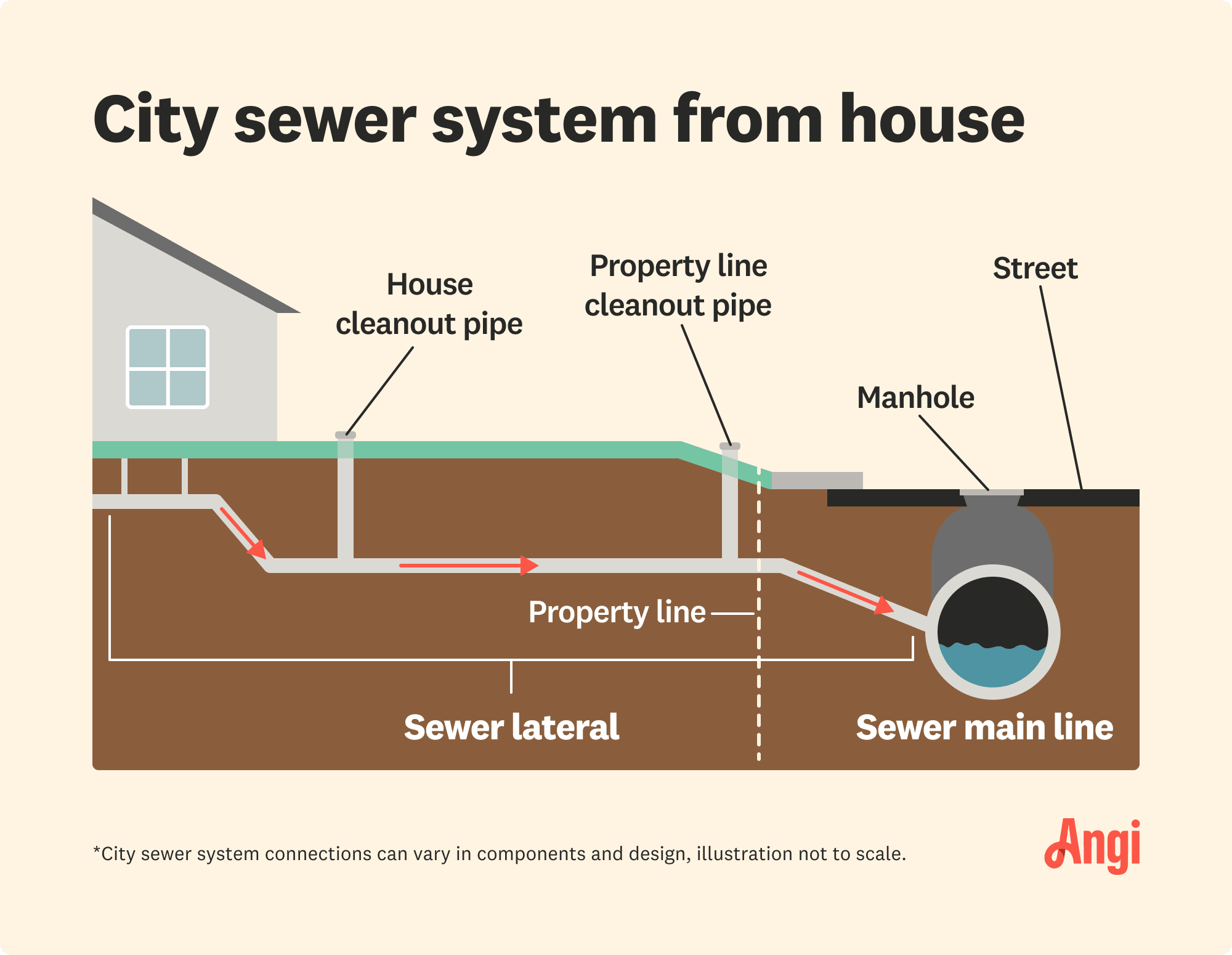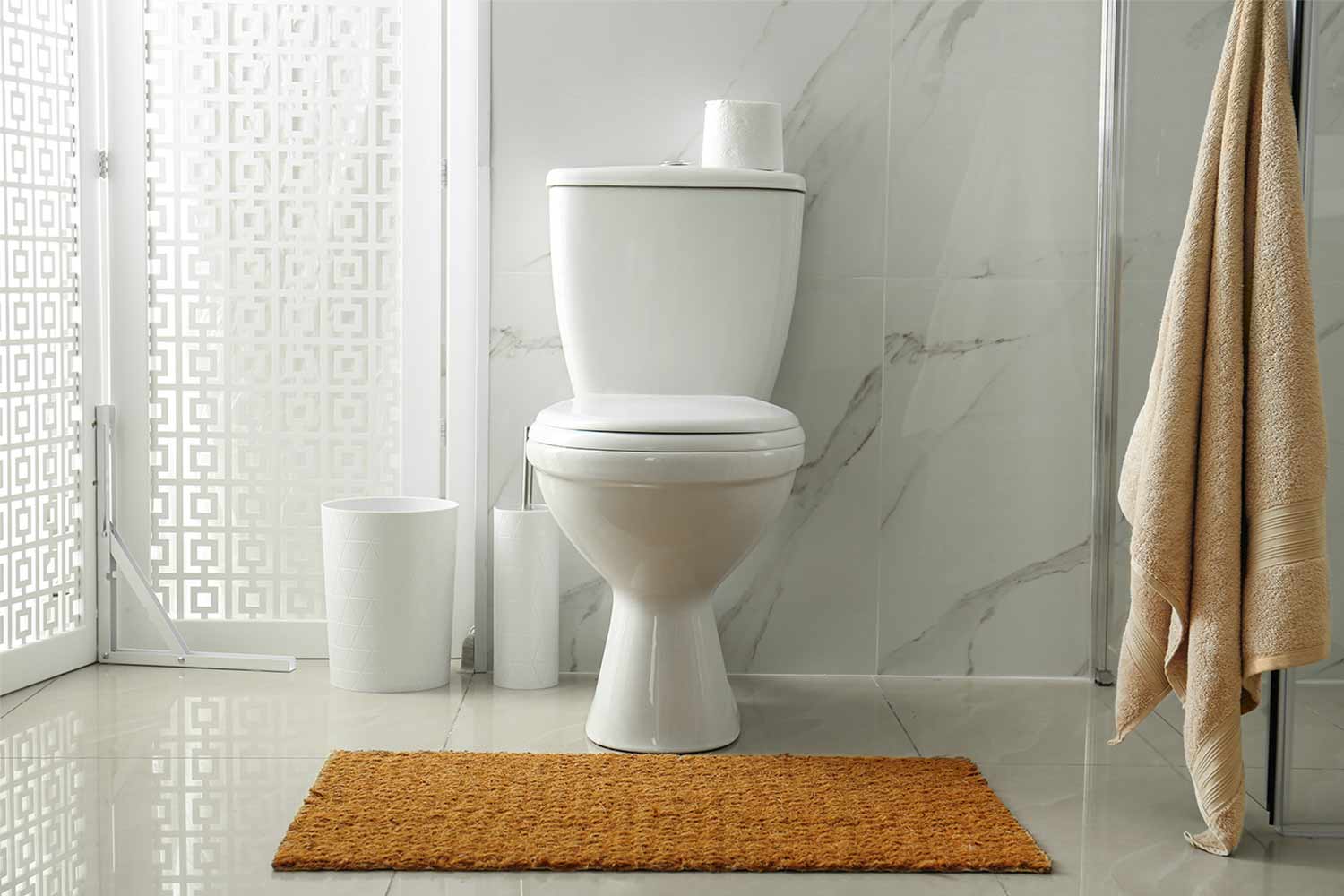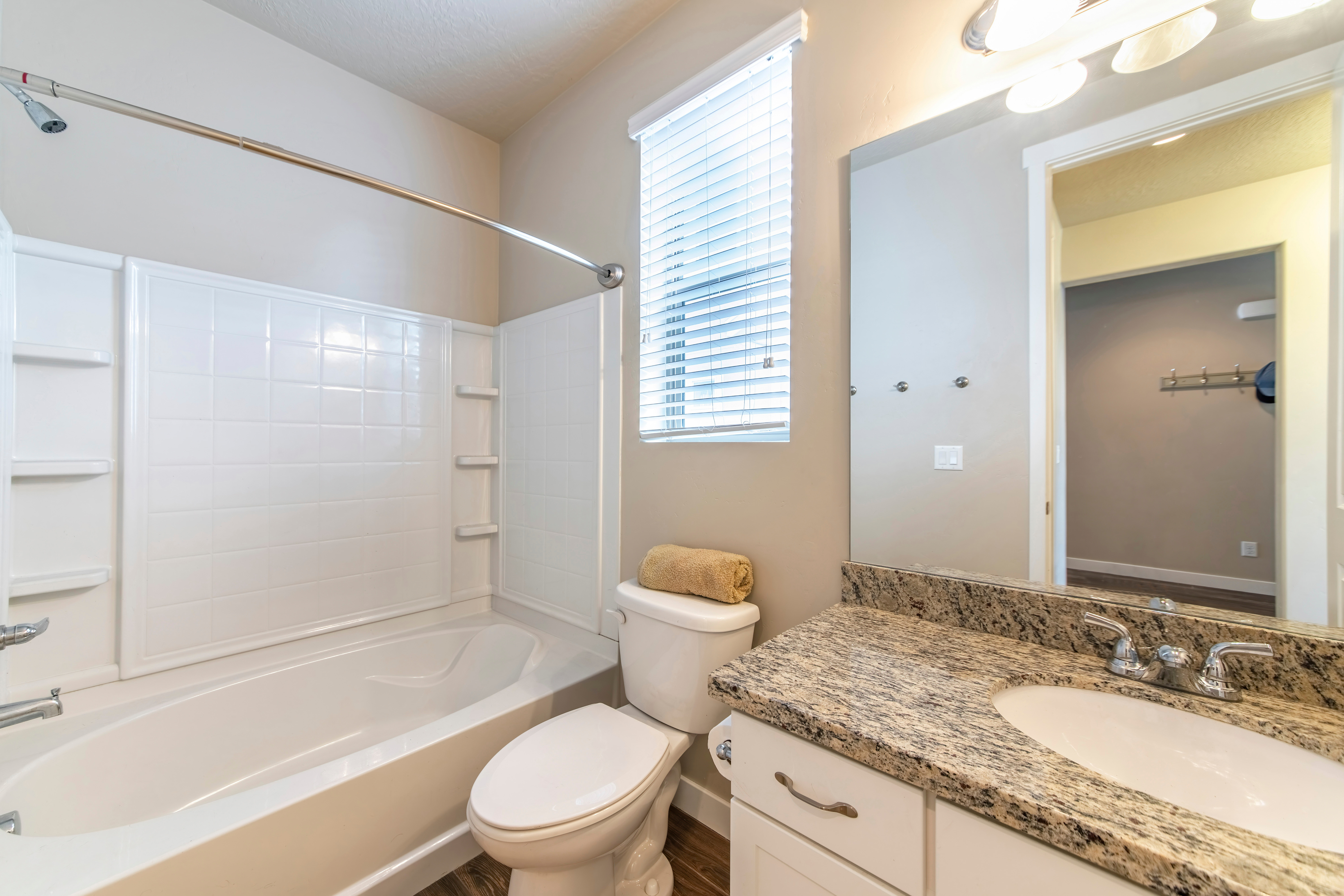
A small septic tank system is ideal for spaces with minimal needs, such as a one-to-two-bedroom apartment or guest house. A small septic tank contains 750 or 1,000 gallons. We’ll cover everything that factors into your small septic system cost here.
Septic tank service costs depend on your project and location. Check with a local pro for your specific job.
The soil in Detroit is expansive clay loam, so various pipe materials are usable in the area.
In Detroit, you’re required to hire a master plumber to complete sewer line installations.
Home values in Detroit don’t increase after a sewer line installation, but a well-maintained plumbing system can prevent a loss of value.
If you’re getting ready to install a sewer line for your new home in Detroit, the first step is finding out how much you need to budget for the project. The cost to install a sewer line in Detroit averages $3,394, which is about 2% less than the national average. Most homeowners pay between $1,784 and $5,449. Find out how factors like linear footage, materials, and labor will affect your total project cost.
When planning a sewer line replacement in Detroit, Michigan, be sure to include the following cost factors in your budget.

The average cost to install a sewer line ranges from $50 to $250 per linear foot. Sewer line pipes are about 5 inches in diameter and run underneath your yard from your house to the main sewer drain.
| Piping Length (Feet) | Average Cost |
|---|---|
| 30 | $1,475–$7,325 |
| 40 | $1,950–$9,775 |
| 60 | $2,925–$14,675 |
| 80 | $3,900–$19,550 |
To install a sewer line, you’ll need to purchase the pipes that connect the main sewer drain to your home. New pipes cost about $3 to $20 per linear foot, depending on the material you choose.
Because of the expansive clay loam soil in Detroit, which leads to ground shifts, PVC and clay pipes might not perform as well as other options. Factor in the type of piping material to gain a closer estimate as to how much you’ll pay per linear foot by referencing the following chart:
| Type of Piping Material | Average Cost (Per Linear Foot) | Pros | Cons |
|---|---|---|---|
| Cast iron | $2–$10 | Long lifespan, nonflammable | Replaced by newer materials due to corrosion |
| PVC | $0.50–$5 | Doesn’t corrode | Not as effective in unstable soil |
| ABS | $5–$11 | Resistant to freezing temperatures, lightweight | Sustains UV damage, can be noisy, contains BPA |
| Clay | $50–$60 | Long-lasting, resists acids and corrosive chemicals | Not as reliable as flexible options in unstable soil |
| Copper | $20–$30 | Performs well in hot and cold weather | Complex installation |
Trenching: $800 per 100 linear feet
Boulder removal cost: $650–$1,200 per boulder
Tree removal cost: $200–$2,000 per tree
Pavement removal cost: $8–$15 per square foot
Additional costs must be considered when planning a sewer line project and hiring a sewer line repair pro in Detroit, Michigan. Labor costs a significant portion of the project, as it requires specialized knowledge and skills.
Before you can install a sewer line, your installer will need to secure permits from the Detroit Water and Sewage Department (DWSD). A sewer Service Permit requires the plans for the work to be completed, insurance and registration information of the master plumber working on the job, and a permit fee of $650.
Labor costs range between $30 and $250 per linear foot. These numbers make sense when you consider that you’re hiring master plumbers to do the work, who are the most experienced in their field. The job is complex and requires skill and experience, so passing it off to a licensed, qualified pro is the only way to go.
While sewer line installation doesn’t increase your home’s value in Detroit, a properly installed system will help you preserve your home’s value in the years to come. On the other hand, a home with an outdated or damaged sewer line isn’t as desirable, which means you might need to lower your asking price if you decide to put the house on the market.
In a city like Detroit with its high demolition rates, a well-maintained home will help you stand out to prospective homeowners looking for a move-in-ready property.
Home is the most important place on earth, which is why Angi has helped more than 150 million homeowners transform their houses into homes they adore. To help homeowners with their next project, Angi provides readers with the most accurate cost data and upholds strict editorial standards. We survey real Angi customers about their project costs to develop the pricing data you see, so you can make the best decisions for you and your home. We pair this data with research from reputable sources, including the U.S. Bureau of Labor Statistics, academic journals, market studies, and interviews with industry experts—all to ensure our prices reflect real-world projects.
Want to help us improve our cost data? Send us a recent project quote to [email protected]. Quotes and personal information will not be shared publicly.
From average costs to expert advice, get all the answers you need to get your job done.

A small septic tank system is ideal for spaces with minimal needs, such as a one-to-two-bedroom apartment or guest house. A small septic tank contains 750 or 1,000 gallons. We’ll cover everything that factors into your small septic system cost here.

Need to know what sewer line replacement costs in Columbus, OH? This guide will help you prepare to budget for sewer line replacement done by local contractors.

Replacing a drain field requires digging up quite a bit of land and involves a decent amount of testing. Using this guide, you’ll learn how much it costs to replace a drain field based on a few key factors such as size and type of septic system.

A clogged septic tank can wreak havoc on your home and property. Learn how to unclog a septic tank yourself and know when to call in the pros.

Need to know what sewer line replacement costs in Houston, TX? This guide will help you prepare to budget for sewer line replacement done by local contractors.

Follow this guide to learn how to get rid of a cesspool to save some money and transform your home into a more eco-friendly space.